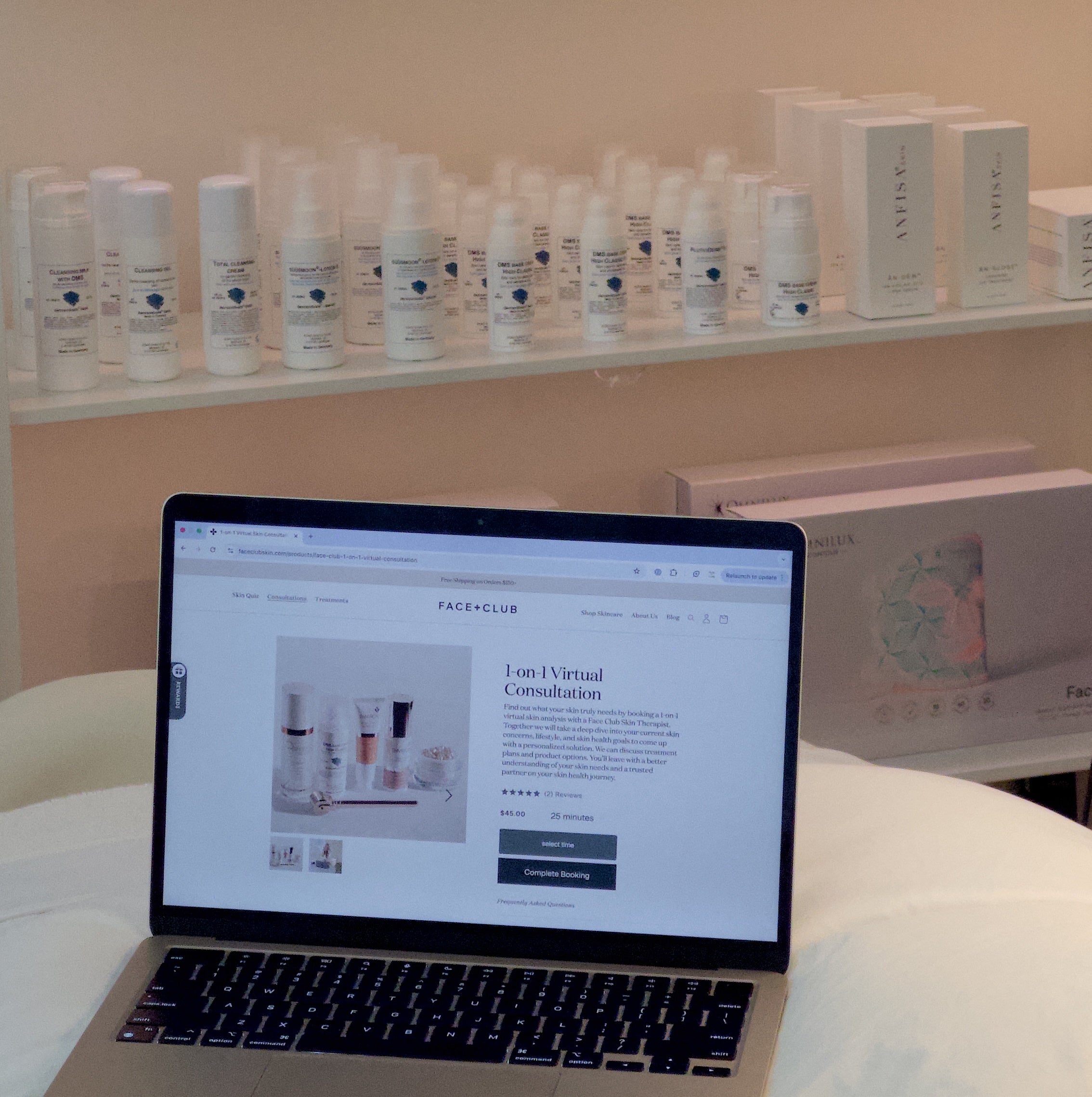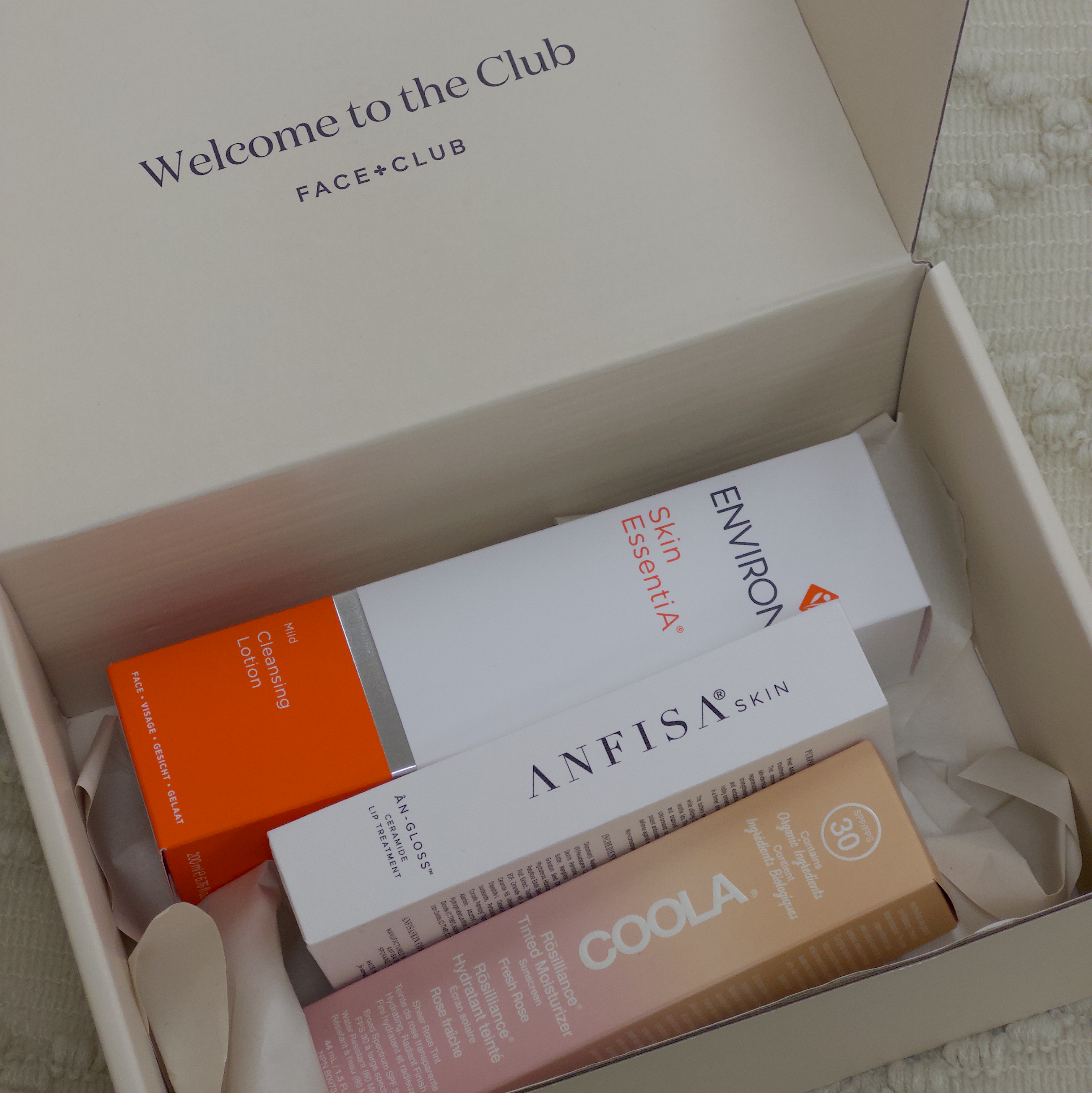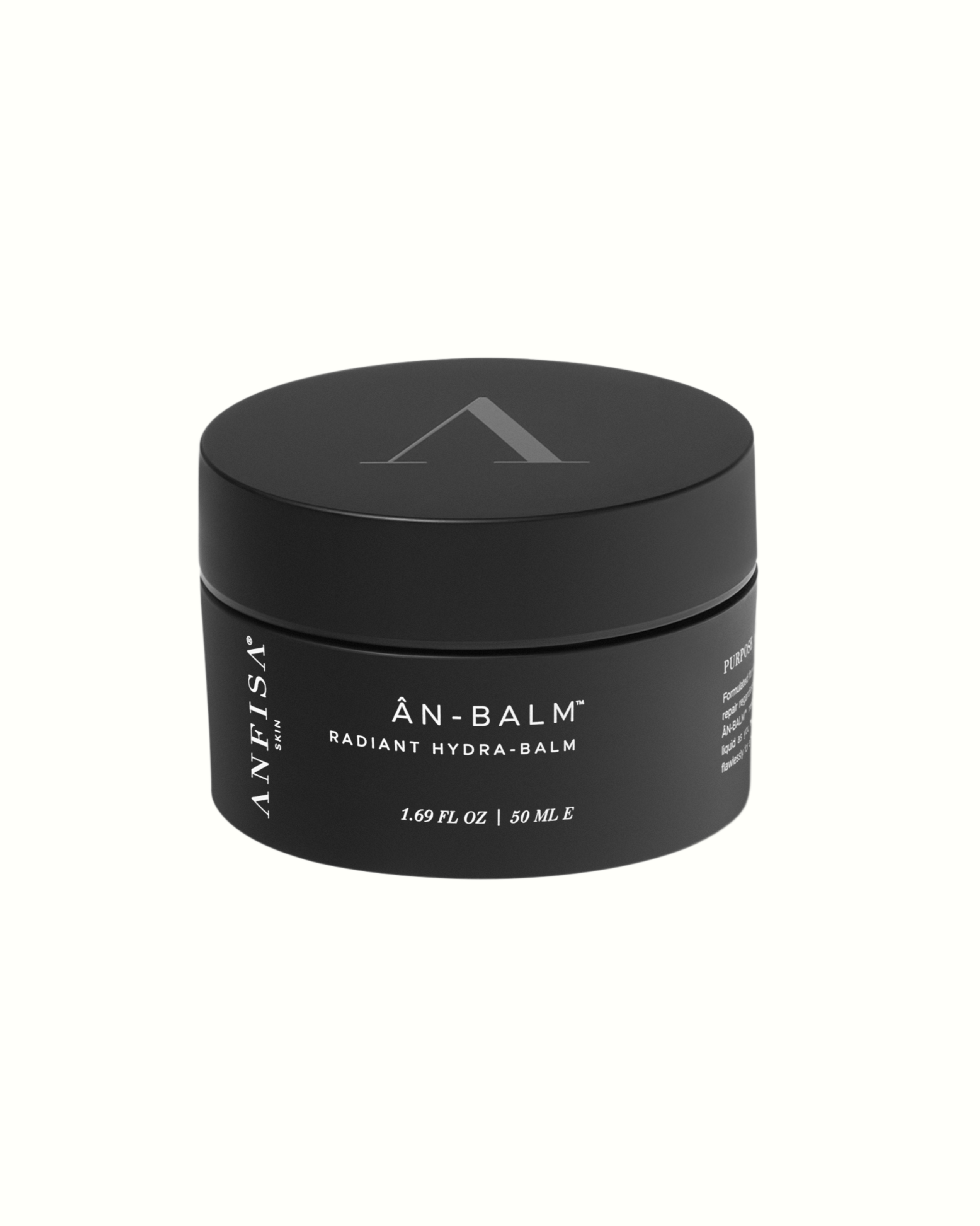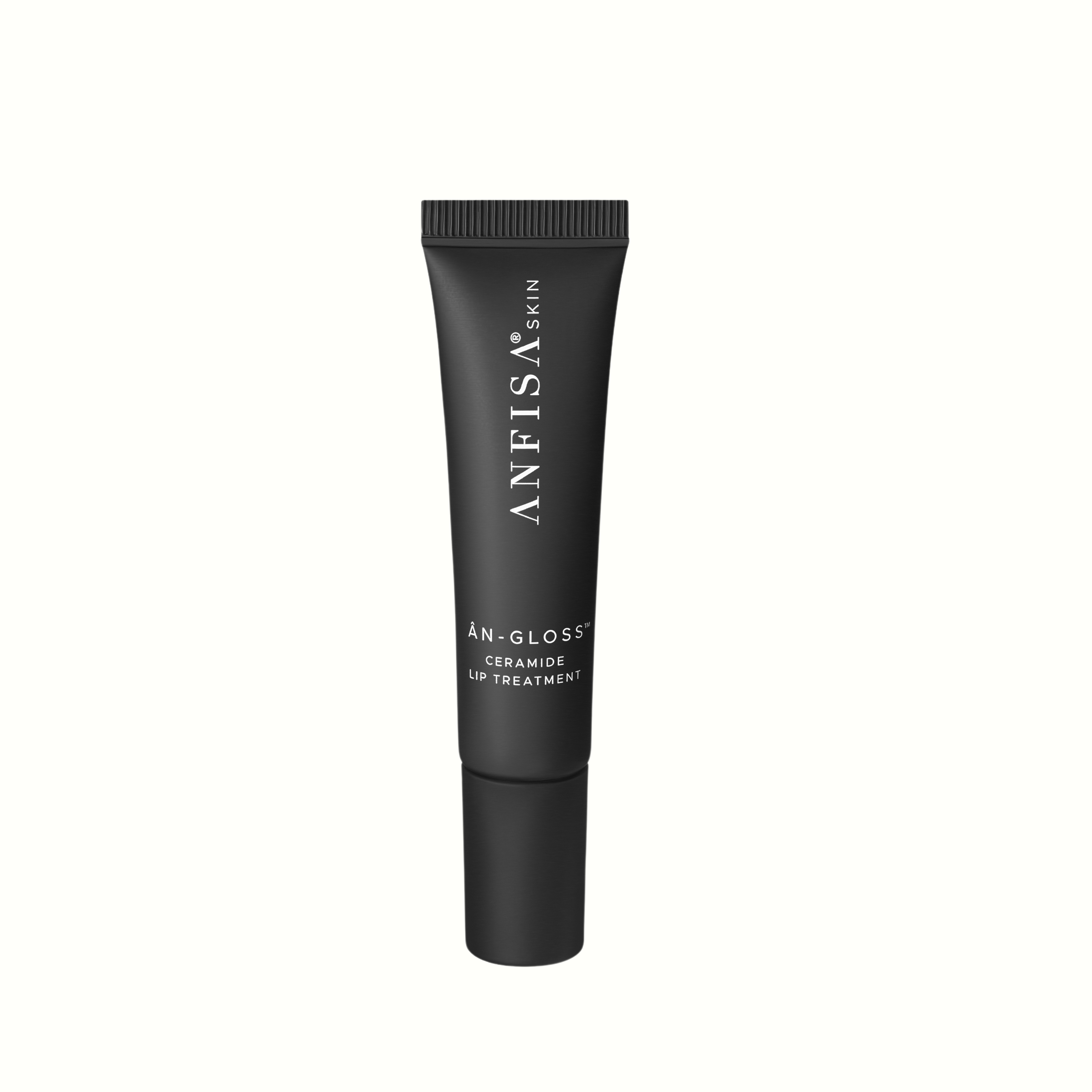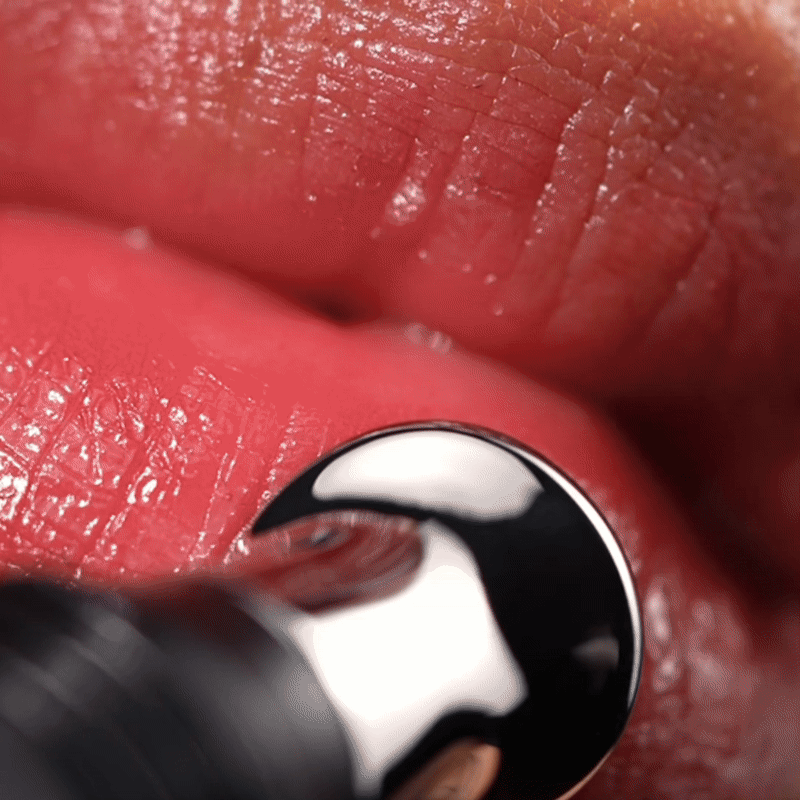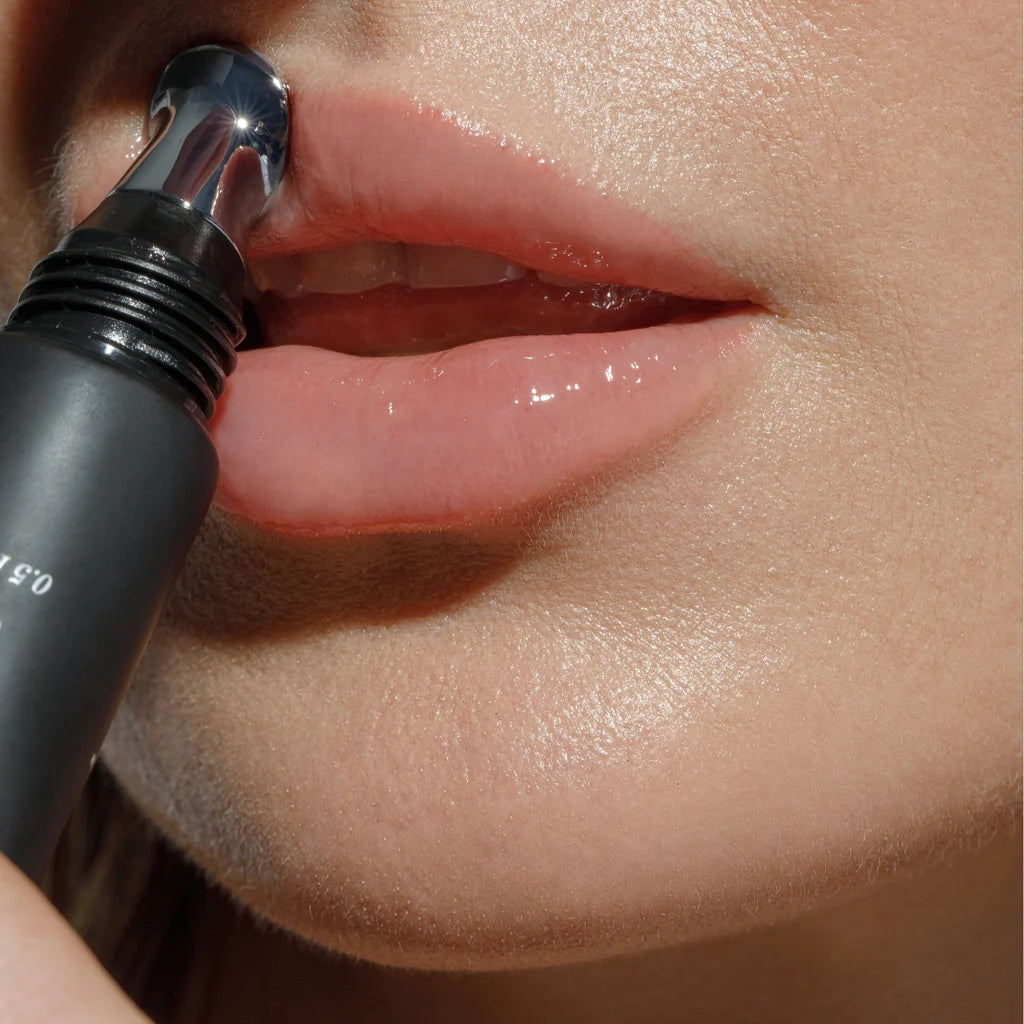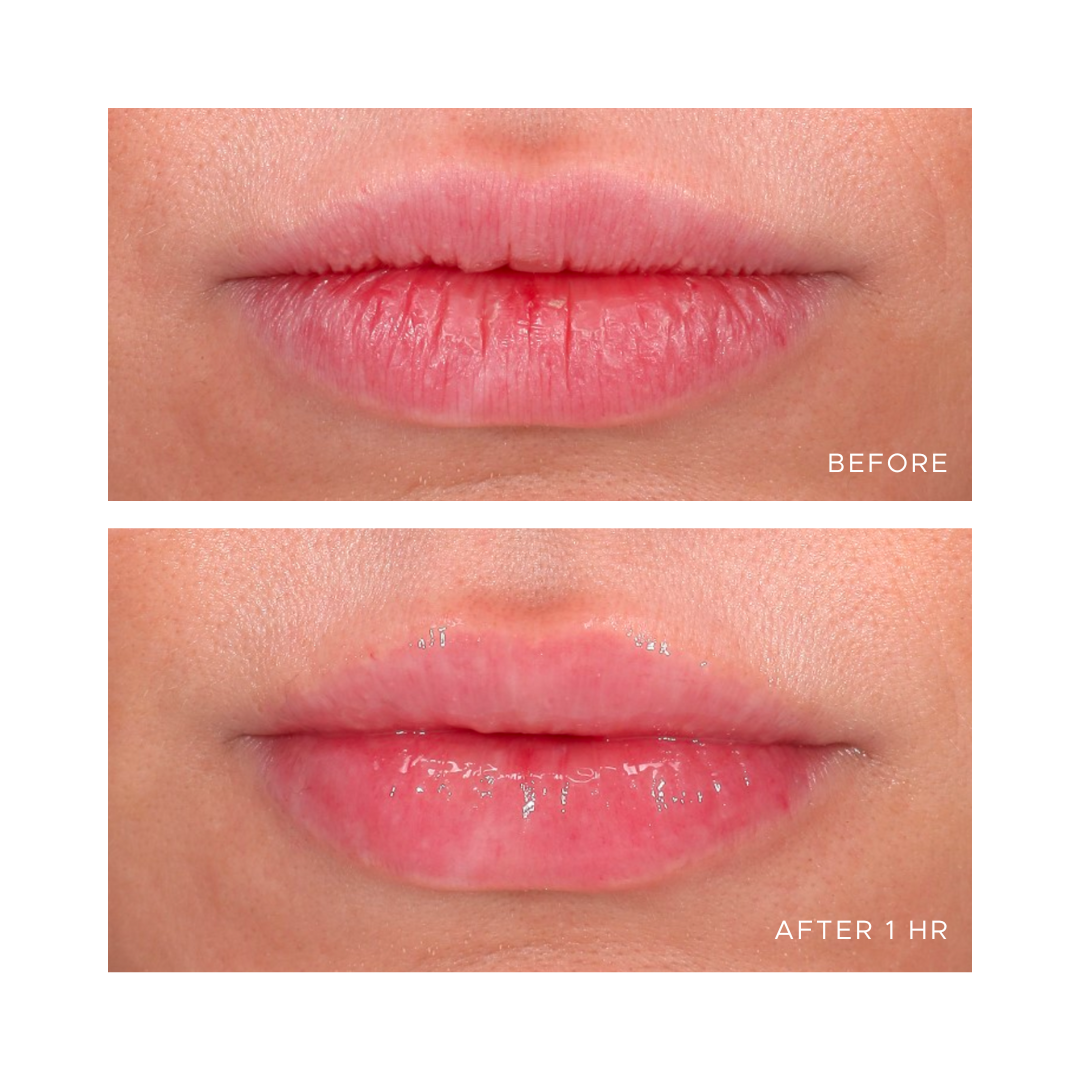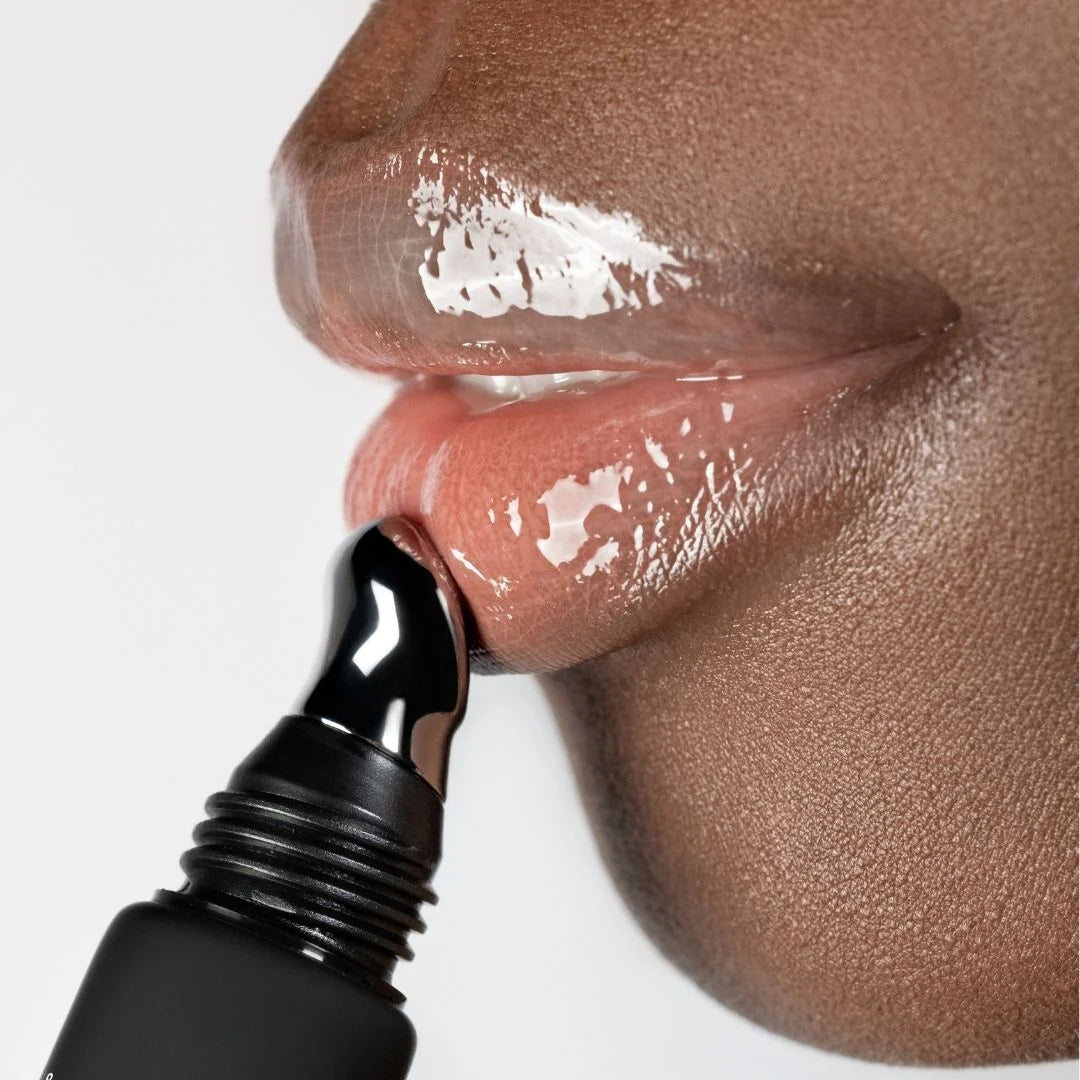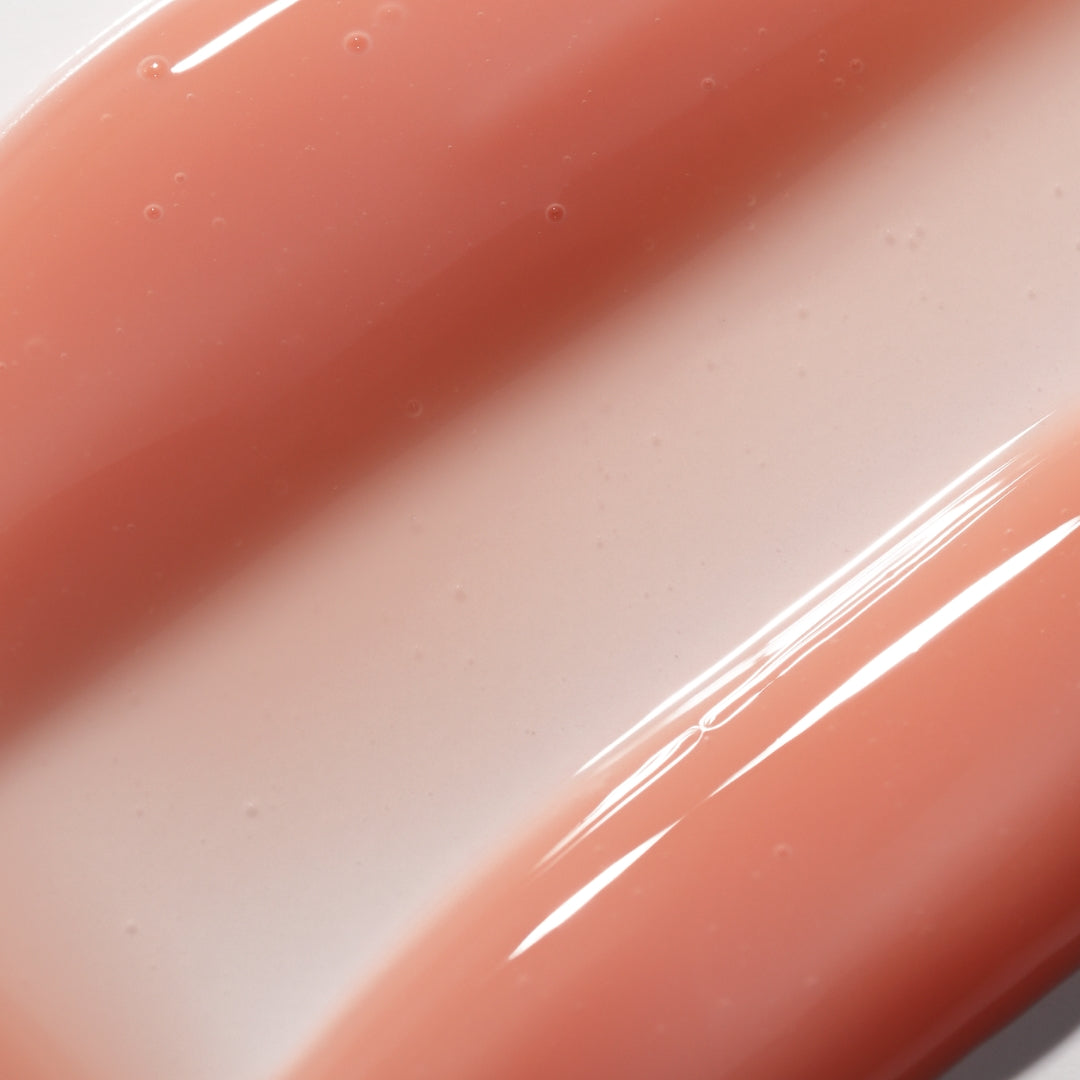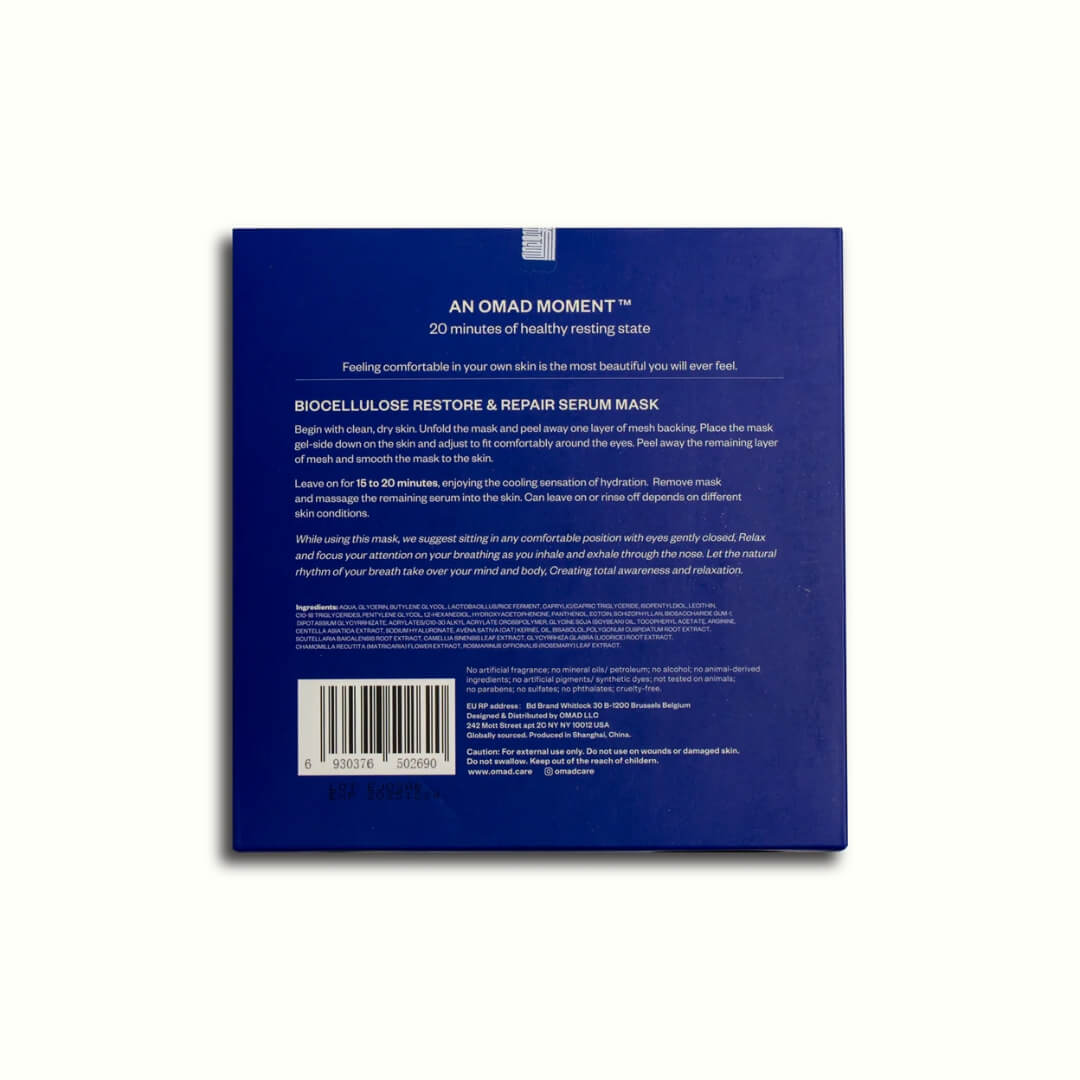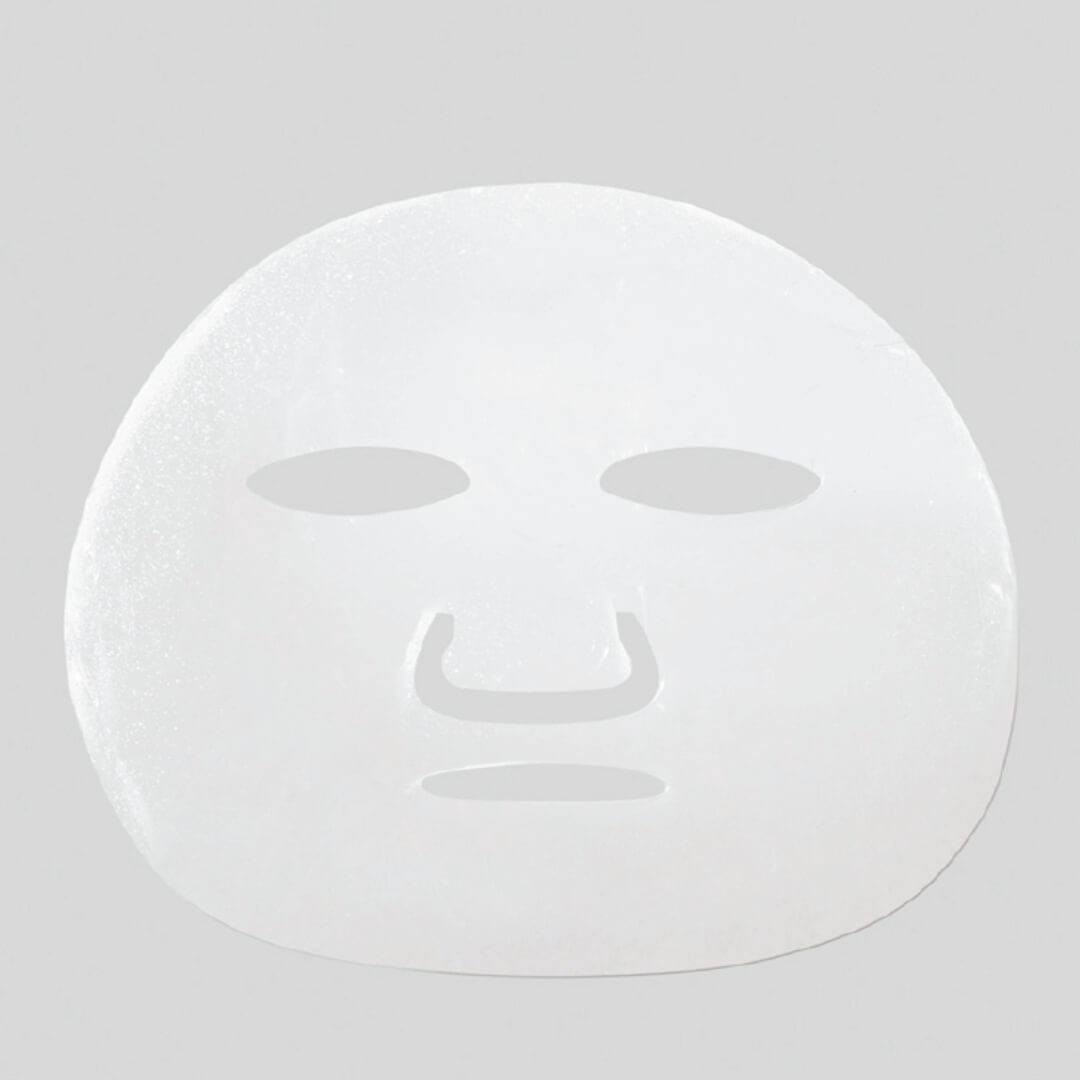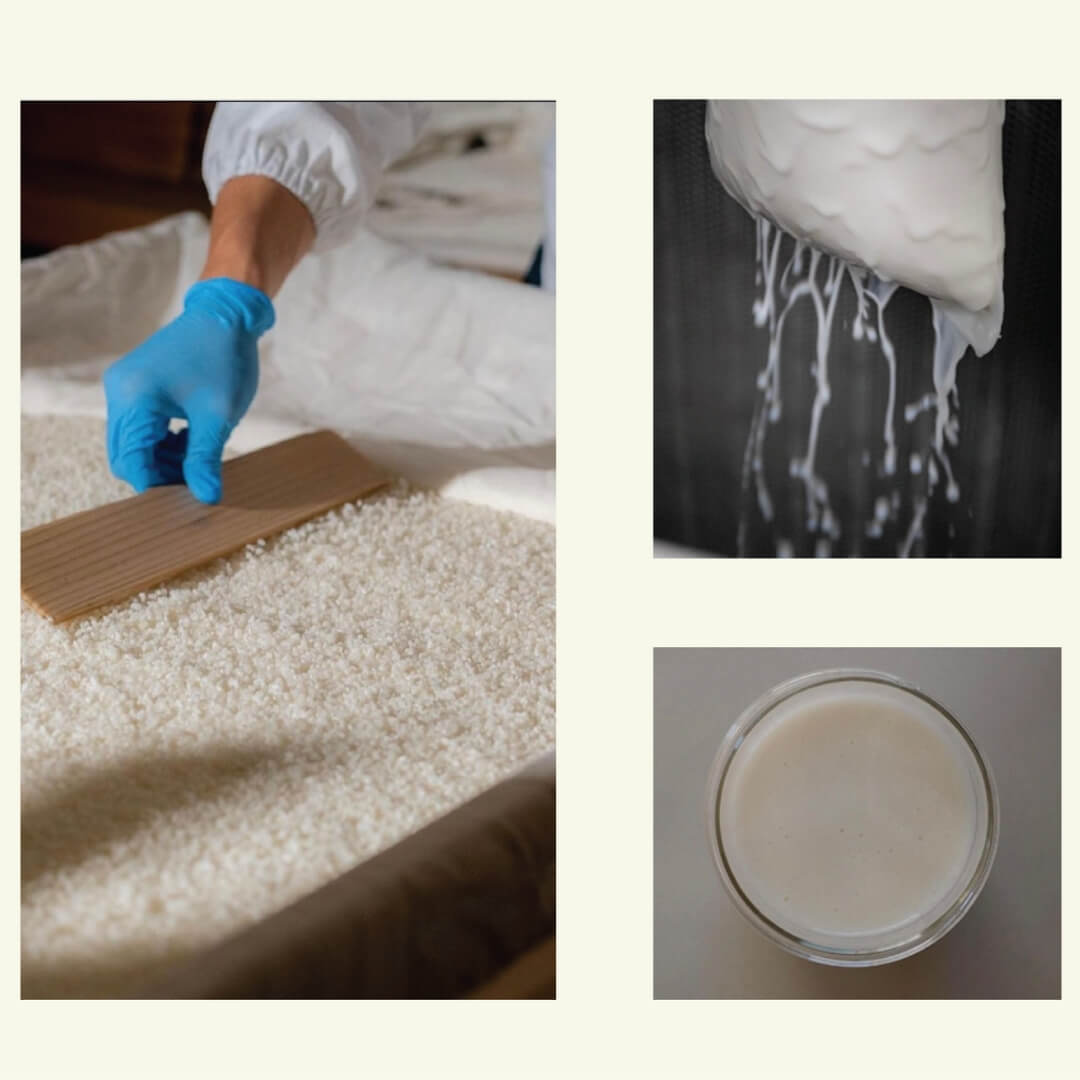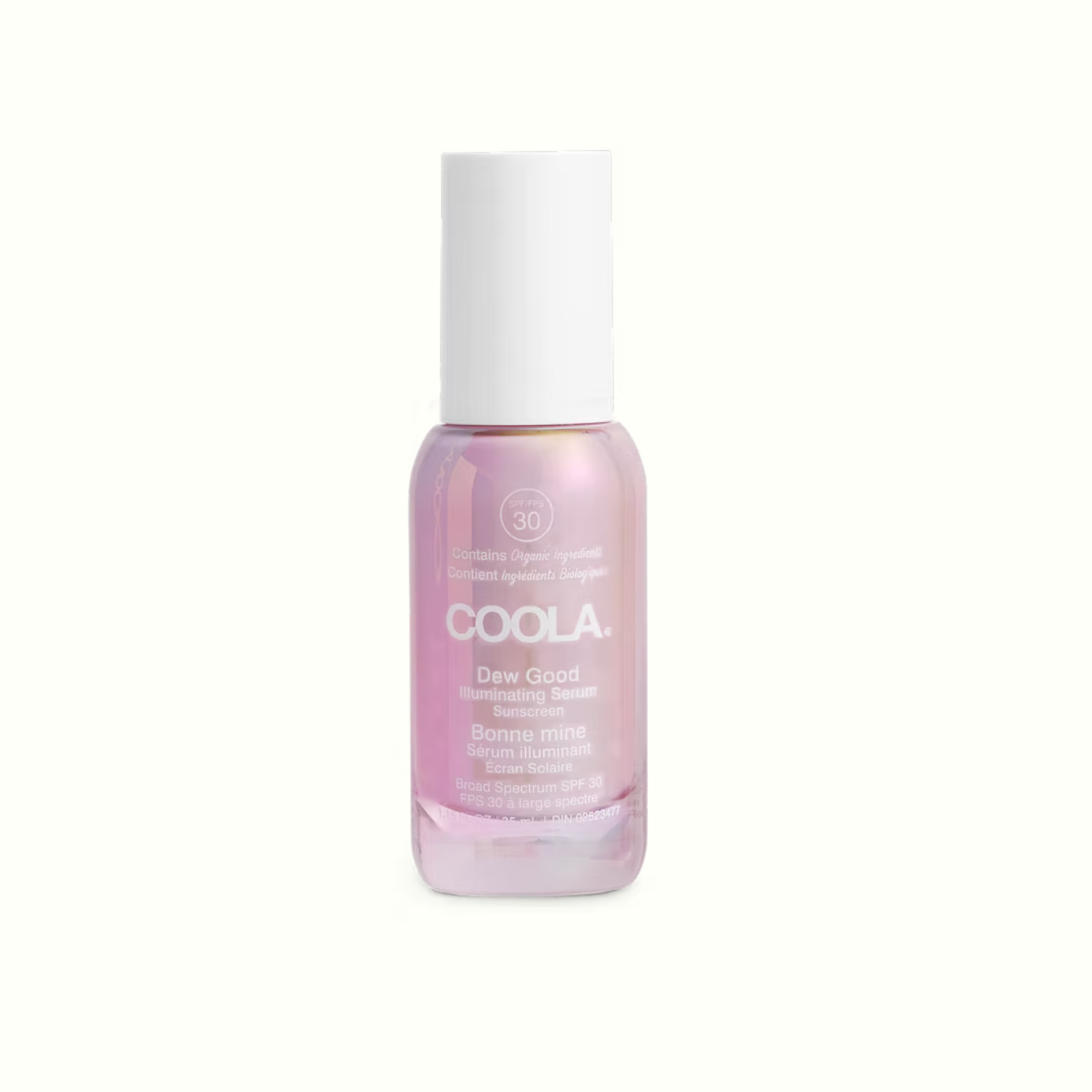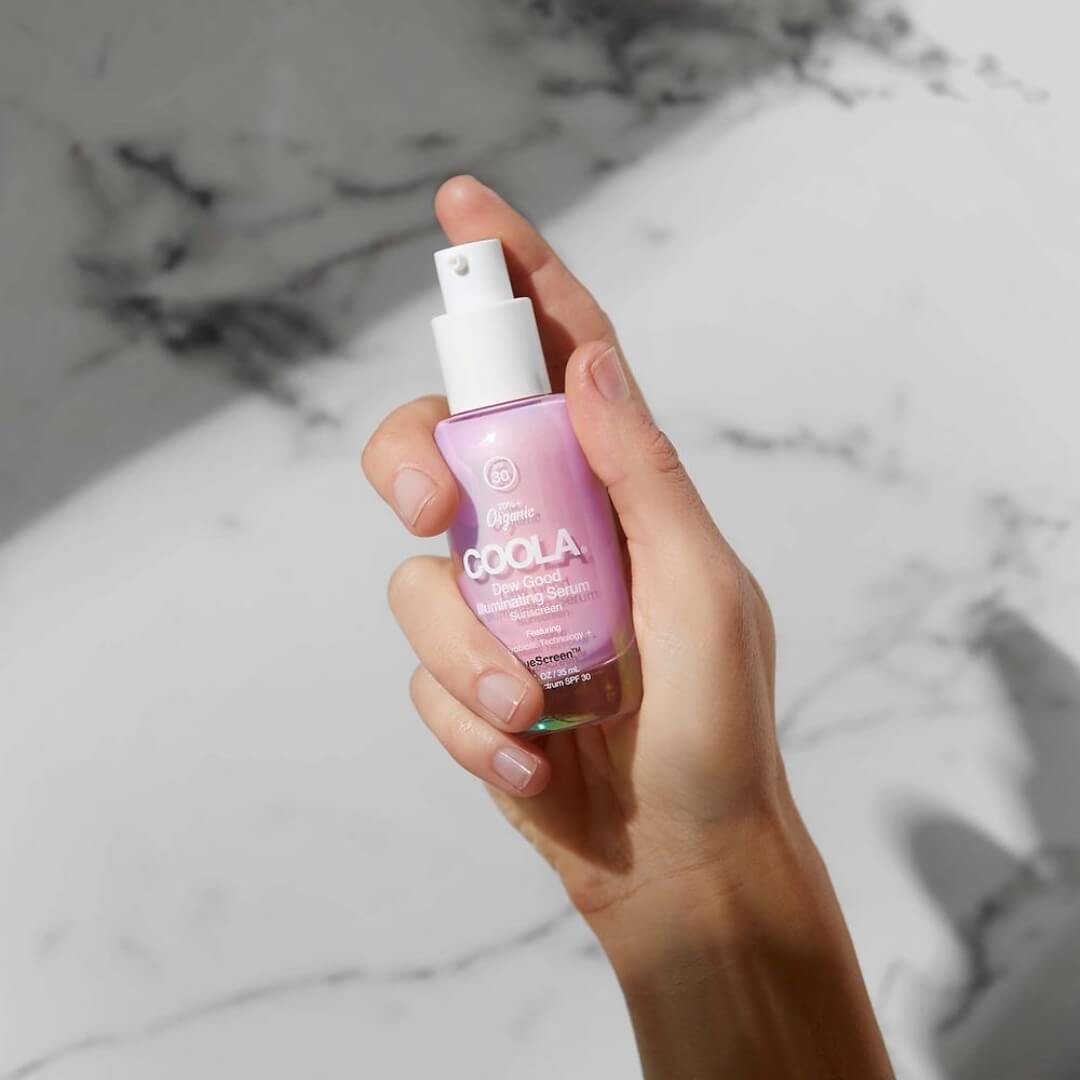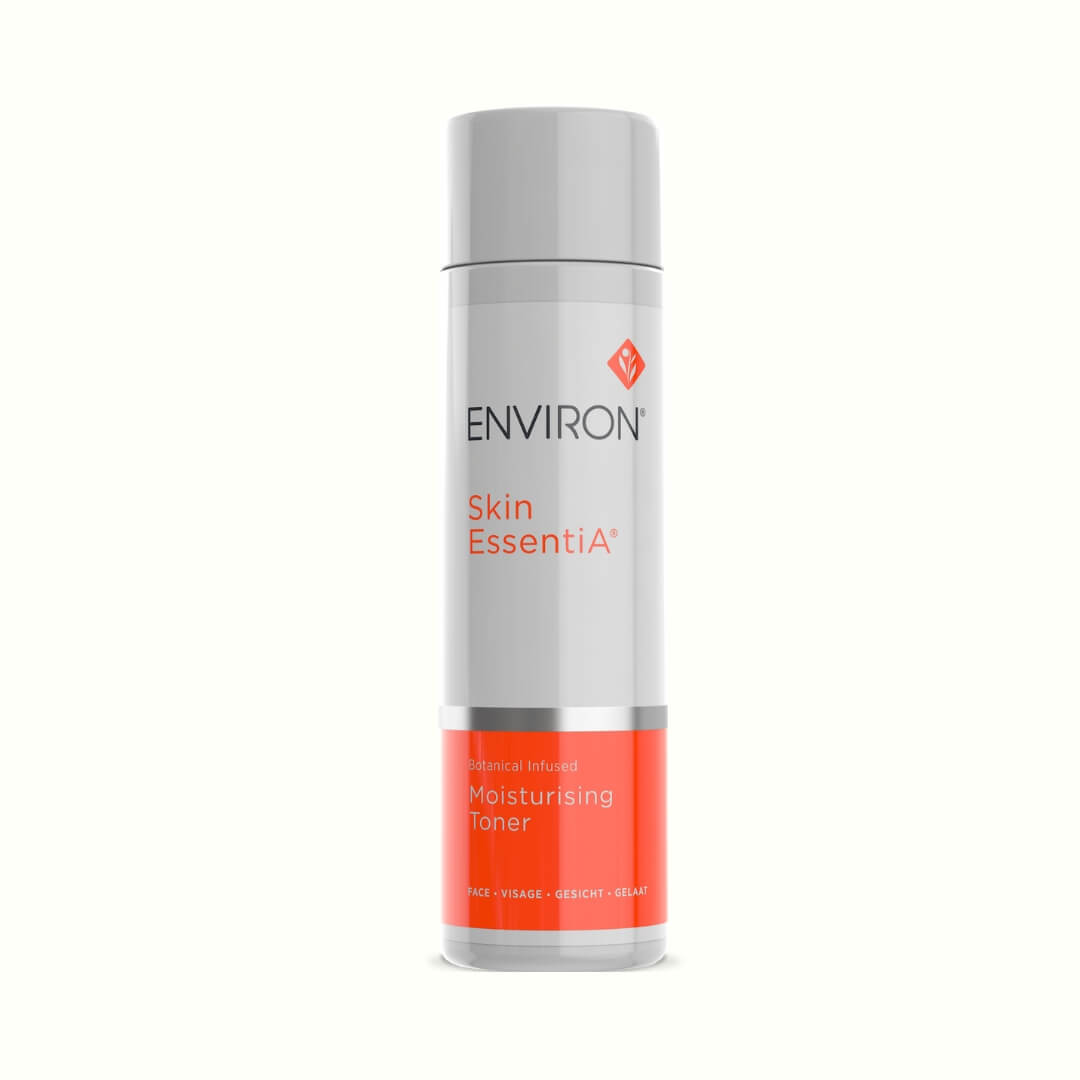Melasma, often called the "pregnancy mask," is hormonally induced, most commonly appearing during pregnancy. However, melasma can also occur due to contraceptive use or medication. The condition frequently fades once pregnancy ends or after discontinuing contraceptive pills.
Primary Cause of Melasma:
Melasma is the result of intrinsically activated melanocyte signaling. This means that certain internal and external factors cause the melanocyte cells in your skin to become overactive, producing excess melanin. This leads to the dark, blotchy patches commonly associated with melasma.
Internal Aggravating Factors:
-
Genetic predisposition: A major factor in melasma development
-
Pregnancy: Hormonal fluctuations can trigger melasma
-
Mild ovarian or thyroid dysfunction
-
The contraceptive pill: Hormonal contraceptives can also contribute
-
Photosensitizing medications: Particularly those that damage the liver
External Aggravating Factors:
-
Excess UV exposure: UV rays trigger melanin production, worsening melasma
-
Exposure to extreme heat: Heat can stimulate the skin, aggravating melasma
How Do I Know If I Have Melasma?
Melasma appears as large, blotchy patches of darkened skin, which are typically symmetrical. These patches are commonly found on the cheeks, upper lip, chin, and forehead. The condition worsens with sun exposure and hormonal fluctuations and is often a protective response to the inflammation caused by these factors.
If you're unsure whether you have melasma, it’s best to consult with a skincare professional or dermatologist for a clinical diagnosis.
Face Club’s Treatment Approach
The primary goals when treating melasma are to support the skin barrier, prevent pigment formation, combat oxidative stress, and encourage cellular turnover. Here’s how we approach treatment:
-
Support the Skin Barrier First: This ensures the skin is healthy and ready for treatment. Over-exfoliating or introducing strong actives too early can worsen melasma.
-
Introduce Active Ingredients: Ingredients that block tyrosinase (the enzyme responsible for melanin production) and prevent melanin-stimulating hormone (MSH) activation include Magnesium Ascorbyl Phosphate (MAP), Azelaic Acid, Niacinamide, Alpha Arbutin, and Sepiwhite.
-
Neutralize Oxidative Stress: Using antioxidants like Vitamin E and Beta Carotene helps to protect the skin from free radical damage.
-
Stimulate Cellular Turnover: Encourage healthy exfoliation with Vitamin A (Retinoids), AHAs, and Niacinamide.
Products We Recommend for Melasma
Here’s a curated list of products from Face Club that are ideal for treating melasma. These products target pigmentation, support the skin barrier, and protect the skin from external aggressors.
Cleanser
Environ Hydra Intense Cleansing Lotion: This gentle cleanser is perfect for sensitive skin, providing a hydrating cleanse without stripping the skin. It prepares the skin for treatment by maintaining its natural balance and ensuring the skin barrier remains intact.
Toner
Environ Mela-Prep Lotion: This lotion based toner contains Vitamin C derivatives, which help lighten pigmentation and prevent melanin formation. It also balances the skin, making it an essential part of any melasma treatment routine.
Serum
Environ Mela-Fade Serum System: A powerhouse serum designed specifically to target pigmentation. It combines Vitamin C and other skin-brightening ingredients like Alpha Arbutin to reduce the appearance of melasma and prevent further dark spots.
Moisturizer
Environ AVST Moisturizer: This antioxidant rich moisturizer restores the skin barrier, while delivering essential vitamins and antioxidants to promote an even, smooth skin tone. It’s perfect for those with melasma, as it ensures the skin stays nourished and resilient.
SPF
Coola Sunscreens (SPF 30+): Daily sun protection is non-negotiable when dealing with melasma. Coola Sunscreen provides broad-spectrum protection, preventing further UV damage and pigmentation flare-ups.
Mask
Environ Revival Masque: This hydrating mask encourages skin regeneration and helps reduce pigmentation. It’s a great way to boost the effectiveness of your skincare routine while deeply nourishing your skin.
Personalized Skincare Tips for Managing Melasma
Effectively managing melasma involves a combination of internal and external factors. Here are some client recommendations to support your skin’s healing process and prevent future flare-ups:
-
Understand the Triggers: It’s important to identify what’s triggering your melasma. Speak with your doctor or a naturopath for insights into potential internal imbalances, like hormonal fluctuations, that could be contributing to your condition.
-
Support Your Skin from the Inside: Consider supplementing your diet with omega-3 fatty acids, Vitamin C, Vitamin A, and B vitamins. These nutrients are essential for skin health, reducing inflammation, and supporting your body’s natural ability to heal and regenerate.
-
Limit Heat and Sun Exposure: Excess heat and sun exposure are known to aggravate melasma. Avoid prolonged exposure to direct sunlight, and be mindful of environmental factors that may increase skin sensitivity.
-
Daily SPF: Always apply a broad-spectrum sunscreen with SPF 30+ daily and reapply throughout the day. Sun protection is the number one way to prevent melasma from worsening and to avoid new dark spots from forming.
-
Wear Protective Gear: In addition to sunscreen, wear hats and sunglasses when outdoors to further shield your skin from UV rays and heat, especially during the peak hours of sun exposure.
-
Stay Hydrated: Drinking plenty of water helps keep your skin hydrated, which is crucial for maintaining a healthy skin barrier and supporting your skin's natural healing processes.
-
Follow an Anti-Inflammatory Diet: An anti-inflammatory diet can help support your skin’s healing and reduce irritation. Focus on whole foods like leafy greens, fatty fish, and antioxidant-rich fruits and vegetables.
-
Avoid Over-Exfoliating: While exfoliating can promote healthy skin turnover, over-exfoliating can lead to irritation and inflammation, which can make melasma worse. Stick to gentle exfoliation as part of your skincare routine.
-
Prioritize Hydration and Anti-Inflammation: Focus on using hydrating and anti-inflammatory products to calm and restore your skin. Look for ingredients like Niacinamide, Vitamin E, and Beta Carotene that help reduce inflammation and provide soothing benefits.
-
Microneedling for Long-Term Results: If possible, consider a series of microneedling treatments. This procedure promotes collagen production, which can help restore your skin's texture and reduce the appearance of melasma.
-
Start Cosmetic Needling at Home: Once your skin barrier is strong and accustomed to high levels of active ingredients, you can introduce cosmetic needling at home to continue supporting your skin's healing process. Always ensure your skin is ready for this step before starting.
Ready to Start Your Melasma Journey?
Explore Face Club’s curated melasma-friendly skincare collection or book a consultation for a custom treatment plan. Our team is here to help you restore balance to your skin with care, science, and results-driven experience.

